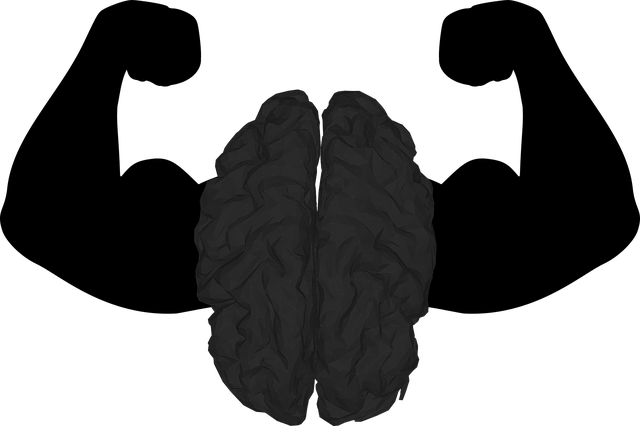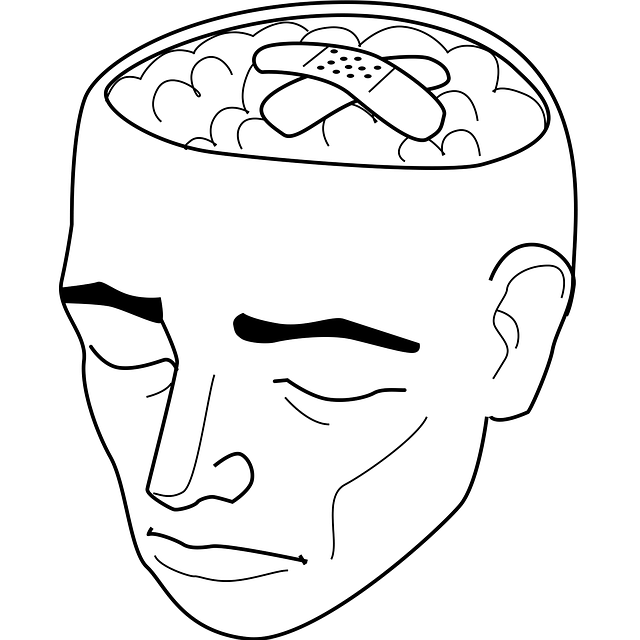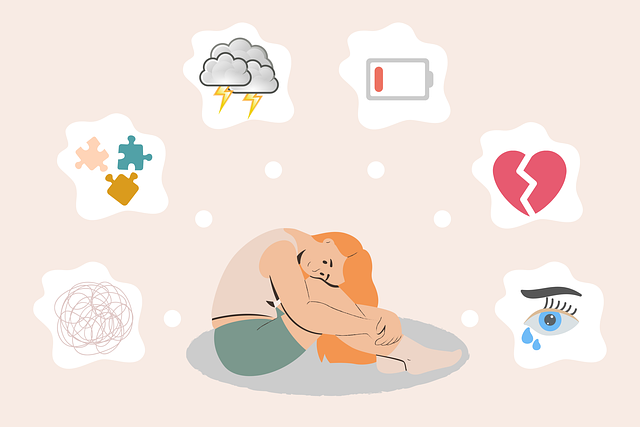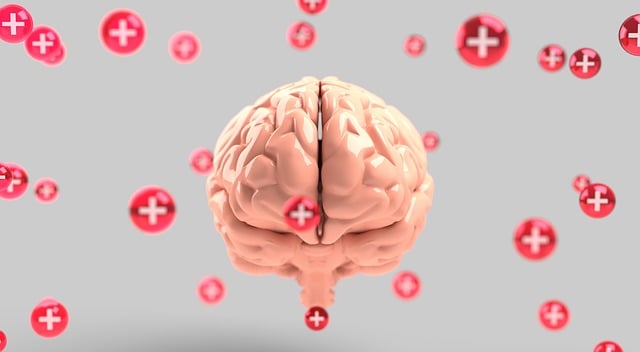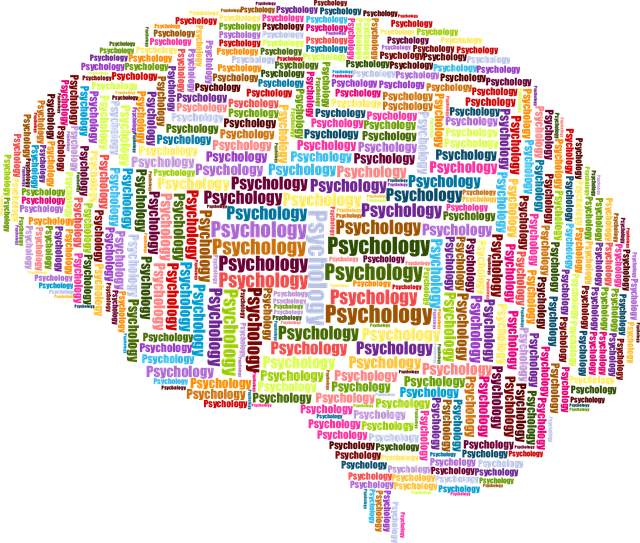TL;DR:
Emotional Intelligence (EI) is vital for navigating complexities of international adoptions, where cultural shifts can cause emotional turmoil. Specialized therapy sessions promote EI by teaching parents to manage their emotions and empathize with their child's feelings, fostering a supportive environment. This approach benefits both the adopted child's mental wellness and the family's adjustment. Key therapeutic techniques include trauma-informed care for addressing underlying traumas and teaching mind over matter principles for stress management. Early open communication about emotions, active listening, and conflict resolution techniques are crucial for fostering EI development in adopted children from international adoptions.
Emotional intelligence (EQ) is a cornerstone of successful adoption transitions, yet international adoptees often face unique challenges in building this vital skill set. This article delves into the impact of EQ on adoptions, exploring specific obstacles encountered by these children and offering practical strategies for parents and caregivers to foster emotional intelligence. Additionally, we discuss therapeutic approaches tailored for therapy in international adoptions, emphasizing its role in enhancing EQ development. By understanding and addressing these issues, we can support adopted children in thriving emotionally.
- Understanding Emotional Intelligence and Its Impact on Adoption Transitions
- The Unique Challenges International Adoptees Face in Building EQ
- Strategies for Parents and Caregivers to Foster Emotional Intelligence in Adopted Children
- Therapeutic Approaches: Using Therapy as a Tool for Emotional Intelligence Development in International Adoptions
Understanding Emotional Intelligence and Its Impact on Adoption Transitions

Understanding Emotional Intelligence (EI) is pivotal when exploring adoption transitions, particularly in international adoptions where complex cultural and personal shifts occur. EI refers to an individual’s ability to recognize, understand, and manage their own emotions, as well as empathize with others’ feelings. This skill set is crucial for navigating the emotional rollercoaster that often accompanies adopting a child from another country, a process that can be both profoundly rewarding and emotionally taxing.
In therapy for international adoptions, promoting emotional intelligence plays a significant role in supporting families’ mental wellness coaching programs development. By fostering EI, parents gain tools to enhance their child’s emotional well-being promotion techniques and manage the unique challenges of integrating a new family member into their household. Moreover, understanding and addressing the potential impact of cultural differences and adjustment issues on both the adopting parents’ and the adopted child’s mental illness stigma reduction efforts is integral to successful adoption outcomes.
The Unique Challenges International Adoptees Face in Building EQ

International adoptees often face unique challenges on their journey to building emotional intelligence (EQ). Adapting to a new culture, language, and family system can be emotionally taxing, potentially hindering the development of EQ. These experiences might lead to feelings of disorientation, loss, and identity confusion, which, if unaddressed, could impact their ability to understand and manage emotions effectively.
Therapy for international adoptions plays a pivotal role in helping individuals navigate these challenges. Through specialized therapy sessions, adoptees can explore their unique emotional landscapes, develop robust communication strategies, and enhance their mental health awareness. Learning effective mood management techniques becomes essential, enabling them to cope with the stress of transition and build resilience. By fostering open dialogue and understanding, therapy facilitates the integration of diverse cultural backgrounds into a cohesive sense of self, thereby strengthening their EQ over time.
Strategies for Parents and Caregivers to Foster Emotional Intelligence in Adopted Children

Fostering emotional intelligence (EI) in adopted children is a crucial task for parents and caregivers, especially when dealing with international adoptions, which may come with unique challenges. Therapy for International Adoptions can play a pivotal role in supporting both the child’s adjustment and their overall development of EI. One effective strategy is to encourage open communication about emotions from an early age. Parents can create a safe space for their children to express their feelings, even difficult ones, through active listening and non-judgmental responses.
Additionally, teaching conflict resolution techniques is invaluable. By introducing these skills, parents empower their adopted children to navigate social interactions and manage emotional conflicts healthily. This process also helps in reducing potential mental health risks, as it promotes better coping mechanisms. It’s essential for caregivers to remain patient and consistent in reinforcing positive EI behaviors, while also addressing any underlying mental illness stigma reduction efforts for a holistic well-being of the child.
Therapeutic Approaches: Using Therapy as a Tool for Emotional Intelligence Development in International Adoptions

Many therapeutic approaches can serve as powerful tools for emotional intelligence development in the context of international adoptions. These strategies are particularly beneficial for adopting families, as they often face unique challenges and transitions. For instance, therapy sessions can provide a safe space to process complex emotions tied to cultural differences, loss, and adjustment. Therapeutic techniques tailored to these specific needs can enhance emotional regulation skills, helping families navigate the intricacies of integrating a new child into their lives.
One effective method is incorporating trauma-informed care practices, which are crucial for supporting children who may have experienced adverse events in their countries of origin. These services focus on building resilience and healthy coping mechanisms while addressing any underlying traumas. Additionally, teaching mind over matter principles can empower both parents and adopted children to manage stress and emotions more effectively. Such techniques foster self-awareness, empathy, and emotional intelligence, ultimately enriching the family dynamic and promoting positive adjustment in international adoption scenarios.
Building emotional intelligence (EQ) is an essential aspect of supporting adopted children, especially those from international backgrounds, who often face unique challenges. By understanding the impact of EQ on adoption transitions and employing targeted strategies, parents and caregivers can foster a child’s ability to recognize and manage emotions effectively. Therapeutic approaches play a vital role in this process, offering a structured framework for international adoptees to navigate their emotional journeys. With dedicated care and evidence-based practices, such as therapy for international adoptions, we can enhance the overall well-being and resilience of adopted children.
